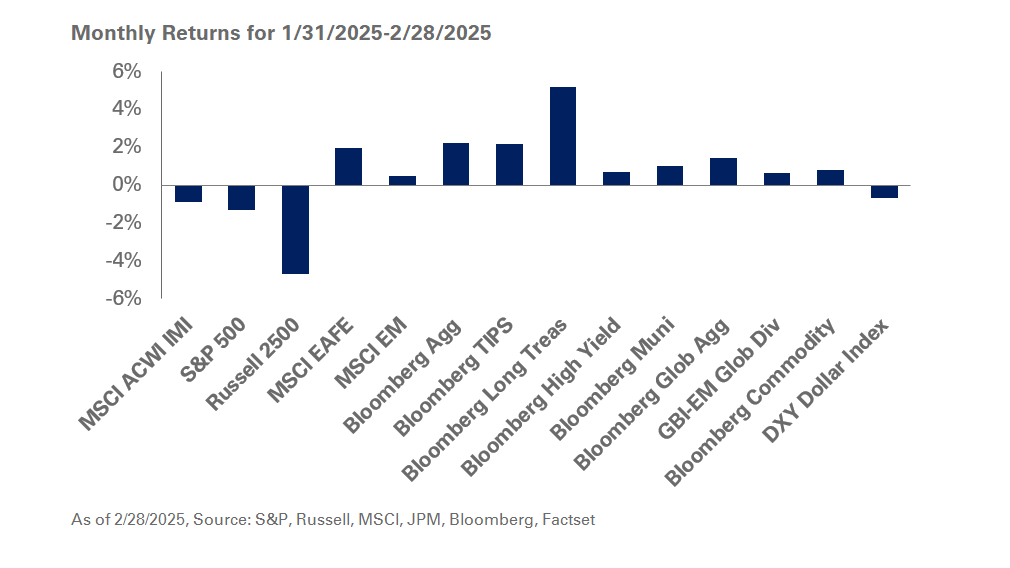NEPC Key Market Themes represent our view of the current drivers of the global economy. The themes evolve and interact over time, influencing asset values and opportunities. A disruption of a theme likely alters market dynamics and our investment outlook.
China Transitions
As China continues its immense transformation into a service- and consumption-oriented economy from the manufacturing behemoth that it was (and still is), its role on the global stage and in investment portfolios is shifting to reflect its ascending power.
In addition to the economic shift, China also faces a demographic transition. Its one-child policy has lowered the country’s birth rate; at the same time, higher life expectancy has left China with a rapidly aging population and internal migration as large swaths of the rural population move to cities.
Any disruption to these complex transitions by the world’s second-largest economy and its most populous nation will likely have an outsized global impact and fuel considerable volatility in currency and equity markets internationally. Throw into this mix China’s recent trade faceoff with the United States, and the stakes have never been higher.
At NEPC, we believe China will continue to exercise caution over its monetary and fiscal policies, and liberalize its capital markets to facilitate a methodical recalibration of its economy to reach a per-capita-GDP in line with the developed world over the next two decades. Recent data highlight the country’s discipline and commitment to manage credit growth levels while balancing its goal of sustainable economic growth.
As access to local financial markets continues to grow in addition to ongoing efforts at inclusion by global equity and fixed-income index providers, we anticipate ever larger weights in the emerging markets equity indexes in the coming years. To this end, increasing strategic asset allocation targets to China will be required to maintain a neutral market beta exposure to the country.
To be sure, numerous disruptions could occur. An uncontrolled acceleration of credit growth and real estate development poses a systemic risk to the local economy and has the potential to expose structural weaknesses within China. In addition, the country’s ascendancy as a strategic competitor to the US poses the danger of two of the world’s largest economies facing off across a wide range of sectors. There is also the matter of the Chinese government, which holds substantial sway over all businesses and investments in the country. As in many countries, regulatory changes can rapidly shift and potentially dampen investor sentiment. That said, we believe China has worked hard to attract foreign investors and will likely steer clear of any sudden moves that will drive away investment. At NEPC, we are actively looking at the best ways to access this long-term structural opportunity.



